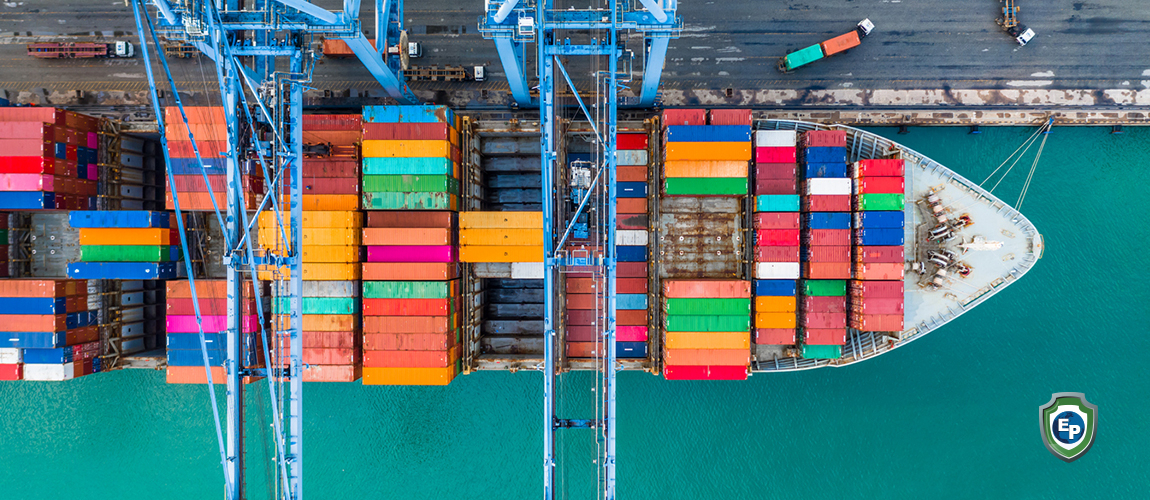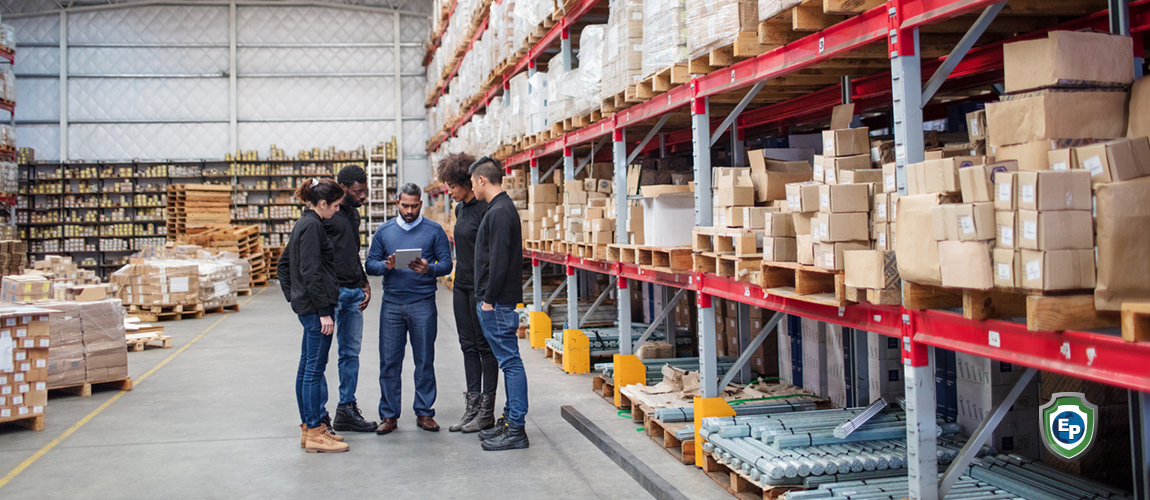How Freight Forwarders Leverage Industry 4.0 Technologies | Read More
In an increasingly globalized economy, freight forwarders play a crucial role in many business models. The increasing of industry 4.0 technologies helped in affordable freight forwarding. Read More!

How Freight Forwarders Leverage Industry 4.0 Technologies
A freight forwarder is a company that organizes shipments for individuals or corporations, mostly to get goods from the producer to the final point of distribution. In an increasingly globalized economy, freight forwarders play a crucial role in many business models.
Over the last years, the freight forwarding industry has seen steady and significant growth, which is due to a variety of reasons. Low oil prices, excess capacities, and the e-commerce boom have led to higher demand, and the increasing use of industry 4.0 technologies has resulted in more affordable freight forwarding rates. This technological progress will continue to reshape the industry in the years ahead.
Blockchain technology enables supply chain transparency and trust
Freight forwarders have to deal with large amounts of data, mainly when operating internationally. Transactions often involve several entities in multiple countries, making freight forwarding much more complicated than a simple transportation operation.
Blockchain technology functions as a distributed database, enabling different entities to store and view immutable data in real-time. A manufacturer could, for example, upload documents onto the blockchain, enabling other network members – like the shipper or the receiver – to immediately view the documents while being sure that they have not been altered along the way.
For example, platforms like Export Portal also use blockchain technology for its transparency features. Once documents are uploaded to the database, all entities can rest assured that the data is tamper-proof, making the system safe and secure for all participants.

Smart contracts automate transactions
Smart contracts are automated procedures that trigger a specific action once pre-defined contract criteria have been met. For instance, the receiver of a product could pay the purchase price into a secure third-party escrow wallet. Once the sender has sent the goods and provides proof of shipment, the smart contracts will automatically release the payment. This way, both the sender and the receiver have maximum security.
Machine learning increases supply chain efficiency
Artificial Intelligence (AI) is a category of algorithms that gather and analyze data independently to create more accurate predictions. Freight forwarders can use AI to optimize supply chains regarding the speed of delivery and their cost-efficiency.
AI-based algorithms can examine large amounts of real-time data to identify supply chain bottlenecks and suggest alternative solutions. An AI-algorithm could, for example, analyze weather forecasts, real-time traffic data, airport delays, and more to optimize transportation routes.
IoT applications allow tracking of perishable goods
“Internet of Things” (IoT) describes the ability of different devices and applications to connect and exchange data. A supplier could use IoT applications to communicate with the shipment and track it in real-time while it’s traveling to its final destination. The shipper could also connect devices that monitor the shipment’s condition, which is especially important in the case of perishable goods like food items or medicine. IoT applications enable to user to detect a problem and fix it in a short amount of time.
Iтdustry 4.0 is undoubtedly reshaping the freight forwarding industry, and players across the board have started to use technologies to optimize their business models. Over the next few years, the trend will accelerate, resulting in higher efficiency, reduced costs, and faster delivery times.






Comments 0